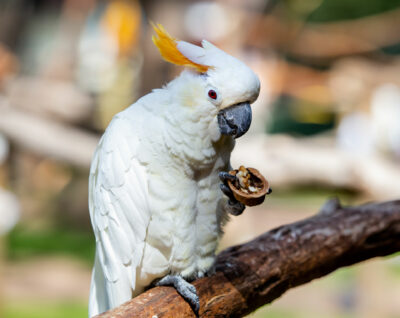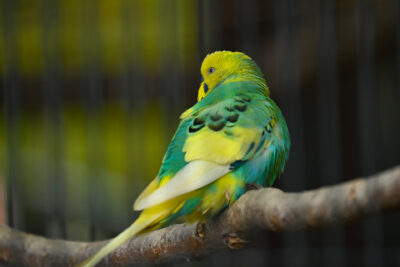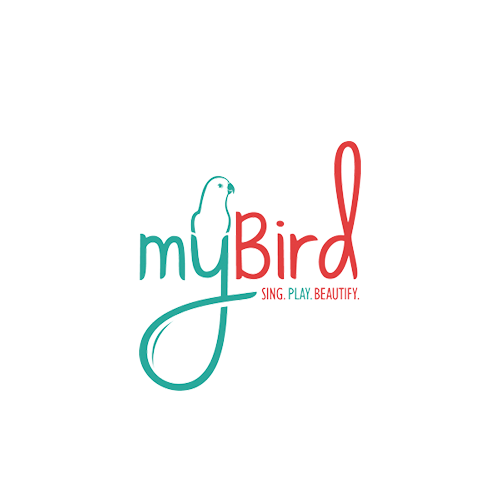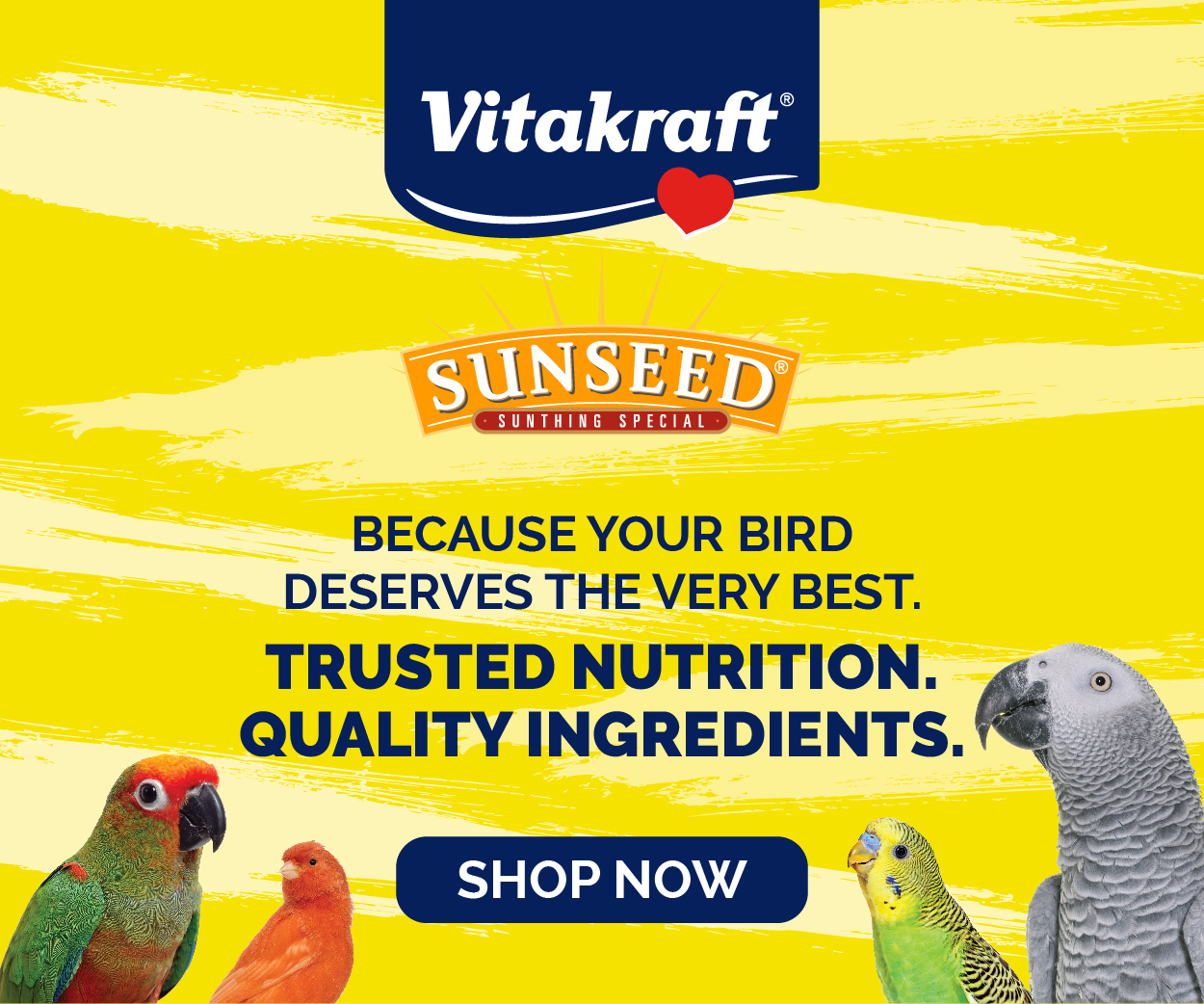USDA Issues New Regulations Affecting Pet Birds
On March 23, 2023, a new rule issued by the United States Department of Agriculture’s (USDA) Animal and Plant Health Inspection Service (APHIS) took effect, imposing various requirements on bird breeders, dealers, exhibitioners, and other parties. While the rule was designed to ensure that all birds subject to the Animal Welfare Act (AWA)—which excludes those bred for use in research—will be raised and cared for in conditions that protect their health and well-being, several groups have expressed concern about the impact the rule will have on the pet bird industry.
At the Bird Enjoyment & Advantage Koalition (BEAK), our mission includes the promotion of responsible pet bird ownership. Regulations that affect bird breeders and retailers are an important factor that can impact bird availability. Therefore, we are collaborating closely with the Pet Advocacy Network and other industry groups to help provide feedback from aviculturists as they go through the licensure process to identify issues in need of revision and improvement. We’ve compiled the following overview to help shed light on the new regulations.
Background of the new rule
The road to the new USDA/APHIS regulations began in 2002, when Congress amended the definition of “animal” in the AWA. This definition was ultimately interpreted to exempt only those birds “bred for use in research.” This placed birds not bred for research purposes under the protection of the AWA, which includes various standards related to the humane handling, care, treatment, and transportation of certain animals. At the time, however, the USDA did not establish regulatory standards specific to birds, which led several organizations to file lawsuits against the USDA. In a 2020 case stemming from one of these lawsuits, a U.S. District Court ordered the USDA to create regulatory standards for birds no later than February 22, 2022, and to publish a final rule no later than one year thereafter.
After publishing a proposed rule on February 22, 2022, the USDA invited comments from interested parties, including our friends at the Pet Advocacy Network, over a three-month period. The USDA took these comments into consideration and issued the final rule on February 21, 2023.
Who is covered by the new regulations?
For those who currently have a USDA license or registration, the deadline for becoming compliant with the new regulations is August 21, 2023. For those who are covered by the new regulations but do not currently have a USDA license, the deadline is February 21, 2024.
However, there are many individuals and entities within the pet bird industry who won’t need to worry about complying because they are either not covered by the AWA or fall under an exception listed in the new regulations. For instance, the AWA only applies to the following entities:
- Dealers and breeders of covered animals, including birds
- Research facilities
- Exhibitors
- Operators of auction sales
- Carriers/intermediate handlers
Individuals and entities that do not fall into these categories, such as bird owners who don’t breed or exhibit their pets for money, are NOT covered by the AWA and therefore, will not require a license under the new USDA regulations. In addition, the new regulations do not apply in the following circumstances:
- When the bird in question has been bred in captivity for the purposes of research, teaching, testing, or experimentation
- Brick-and-mortar (not online) retail pet stores that do not ship birds
- Farm animals (such as chickens, ducks, or pigeons) intended to be used as food or for their feathers or leather
- Falconry and exhibitions of birds with the sole purpose of promoting the art of falconry
- Bird eggs
- State and county fairs, livestock shows, bird fancier shows, and other exhibitions intended to advance agricultural arts and sciences
- Transportation of a migratory bird covered by the Migratory Bird Treaty Act from the wild to a facility for rehabilitation and eventual release into the wild, or between rehabilitation facilities, if authorization has been obtained from the U.S. Fish and Wildlife Service
The new regulations also include certain de minimis exceptions, including one for entities that sell 200 or fewer pet birds weighing 250 grams or less (for example, parakeets, cockatiels, finches, and lovebirds) each year, and/or sell eight or fewer pet birds of more than 250 grams (e.g., macaws, cockatoos, and African gray parrots) annually.
What do the new regulations require?
The new regulations impose a wide variety of requirements related to bird care, most of which are phrased in general terms, such as “adequate” or “sufficient” conditions rather than enumerating specific standards for particular types of birds. In many cases, they acknowledge “currently accepted professional standards” as a benchmark. The regulations cover three basic categories:
Housing facilities
Including requirements for water and power, food and bedding, and temperature and humidity, with the goal of ensuring the bird’s physical and psychological well-being.
Animal health and husbandry
These standards include general requirements for diet and cleaning of the bird’s environment
Transportation
These standards cover carriers and intermediate handlers, enclosures used to transport live birds, handling requirements, and dietary, climate, and environmental conditions during transportation
Response from industry groups
The new USDA regulations have elicited an array of reactions from different stakeholders within the pet bird industry. For example, the Pet Advocacy Network submitted a letter to the USDA citing concerns regarding discrepancies between last year’s proposed rule and the final rule. One concern is that the proposed rule specifically listed parrots among the types of birds that may be considered a “pet animal” under 9 CFR § 1.1, while the final rule omits parrots. The Pet Advocacy Network’s letter states that the removal of “parrot” from the definition “is both substantive and prejudicial and could not have been reasonably anticipated.”
Stay tuned for updates
As the pet bird industry adapts to the requirements imposed by the new USDA/APHIS rule, BEAK and MyRightBird will continue to advocate for responsible bird ownership and care. Read the USDA’s press release to learn more about the new regulations, or join our email list for the latest news, tips, and offers!





